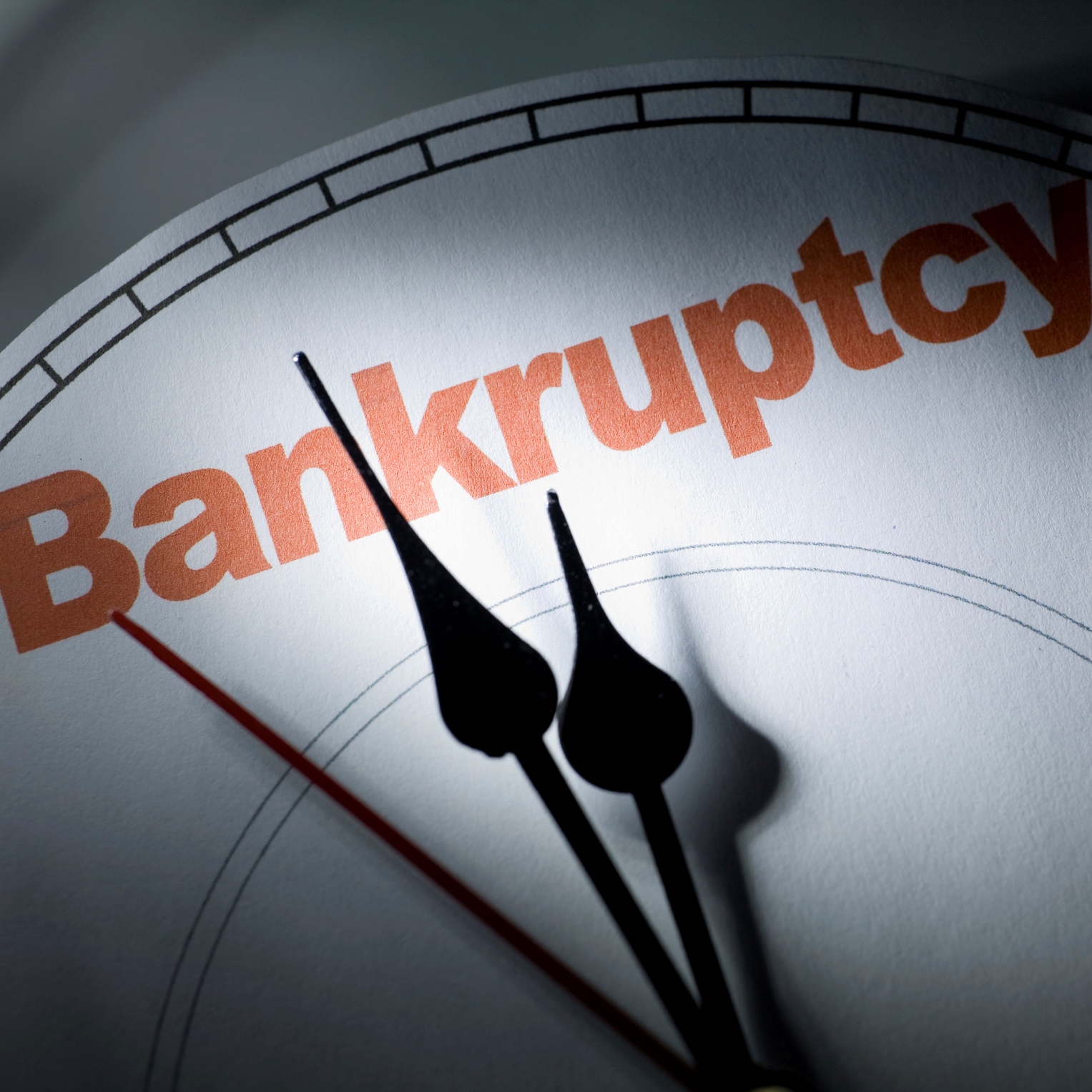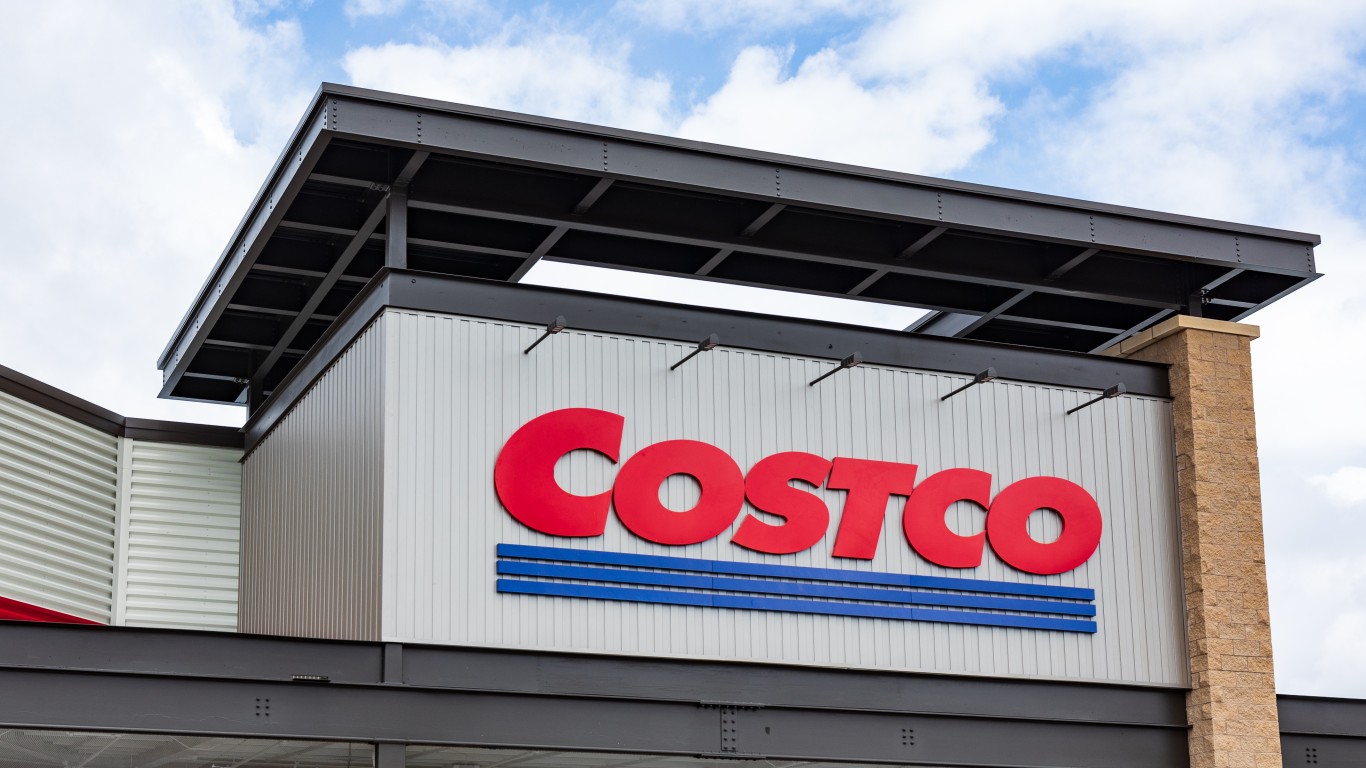
The economic situation for U.S. retailers has gotten so bad that analysts have added a new word to an investor’s vocabulary: over-stored. That means just what it implies: there are too many retail stores in the United States.
So far this year, 14 retail chains have filed for bankruptcy protection or liquidation, according to a report issued last Friday by S&P Global Market Intelligence. In all of 2016, there were 18 filings. The highest recent total was 42 in 2010, and if 2017 continues on its current pace, that record is in serious danger.
The decline in retail fortunes comes as U.S. incomes are rising and so is Americans’ spending. Spending rose 0.2% in March while incomes rose 0.4%. So what’s happening?
According to S&P:
Retail’s troubles are manifold, and the diagnosis is different in each struggling company’s case, but it is widely agreed that the U.S. is over-stored and that the solution for flat or declining in-store sales resides to a significant degree online, where the most sales growth is now taking place.
If the solution is online growth, then the problem for traditional retailers becomes Amazon-ian. Amazon.com Inc. (NASDAQ: AMZN) reportedly grabbed 43% of online sales last year and 53% of online sales growth. While sales are indeed growing, just one company is boosting its share of the growing market at an even faster pace. It may not be impossible for traditional retailers to compete, but it will be a costly uphill battle all the way.
The largest bankruptcies so far this year, according to S&P, are privately held shoe merchant Payless, outdoor apparel chain Gander Mountain, and apparel retailer, BCBG Max Azria.
And the companies most at risk of joining the ranks of bankruptcy filers? That would be Sears Holdings Corp. (NASDAQ: SHLD), DGSE Companies Inc. (NYSEMKT: DGSE), Appliance Recycling Centers of America Inc. (NASDAQ: ARCI) and Bon-Ton Stores Inc. (NASDAQ: BONT).
S&P also noted knock-on effects as stores empty and real-estate vacancies increase putting pressure on real estate investment trusts (REITs) and commercial real-estate developers. Supplier risk also increases.
Get Ready To Retire (Sponsored)
Start by taking a quick retirement quiz from SmartAsset that will match you with up to 3 financial advisors that serve your area and beyond in 5 minutes, or less.
Each advisor has been vetted by SmartAsset and is held to a fiduciary standard to act in your best interests.
Here’s how it works:
1. Answer SmartAsset advisor match quiz
2. Review your pre-screened matches at your leisure. Check out the advisors’ profiles.
3. Speak with advisors at no cost to you. Have an introductory call on the phone or introduction in person and choose whom to work with in the future
Thank you for reading! Have some feedback for us?
Contact the 24/7 Wall St. editorial team.



